Are gadgets making us gullible? Are smartphones making us stupid? Is Google turning our brains to noodles? Long-time technology observer PAT PILCHER on the new idiocracy.

Is technology making us stupid? Anyone who has spent time online must have pondered this point at least once.
It isn’t hard to see why you’d wonder. There’s the usual selection of idiotic posts on social media and thick necked misogynistic/racist/reactionary reader comments in the media. Then there’s idiot central, otherwise known as YouTube. On it you’ll find clips of people doing things that could only be described as immensely stupid. Not to be outdone is Reddit, an online cesspit where the ignorant, ill-informed and idiotic post mind-numbingly stupid rants simply because they can.
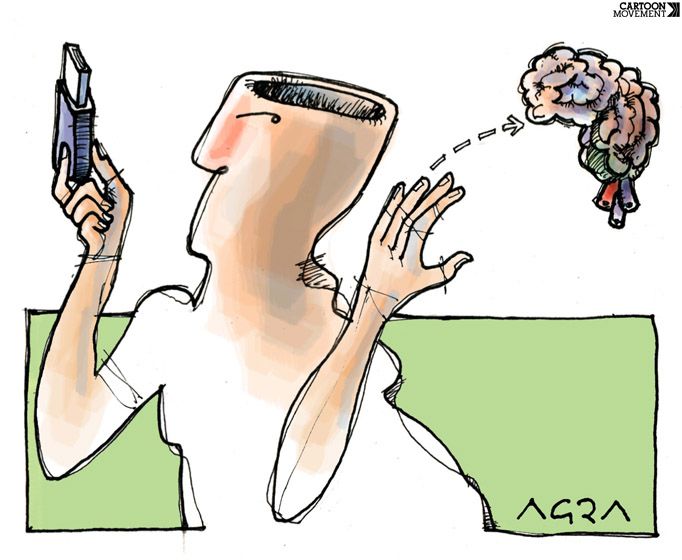 This all begs a big question: Have we entered the age of idiocracy? In the cult-hit film Idiocracy, Joe Bowers is an average guy who participates in a suspended animation experiment and is put on ice. Unfortunately for him, a bureaucratic oversight (people were probably busy surfing cat clips on YouTube) leaves left him in hibernation for centuries. While Joe is snoozing, the average intelligence of humanity plummets (maybe humanity discovered Reddit en-masse?) Upon awakening, Bowers finds he’s the smartest guy on earth. The movie is a good giggle, but there’s also a problem – it is unerringly close to reality. This was brought home when its screenwriter, Etan Cohen, Tweeted after the US presidential elections: “I never expected Idiocracy to become a documentary.”
This all begs a big question: Have we entered the age of idiocracy? In the cult-hit film Idiocracy, Joe Bowers is an average guy who participates in a suspended animation experiment and is put on ice. Unfortunately for him, a bureaucratic oversight (people were probably busy surfing cat clips on YouTube) leaves left him in hibernation for centuries. While Joe is snoozing, the average intelligence of humanity plummets (maybe humanity discovered Reddit en-masse?) Upon awakening, Bowers finds he’s the smartest guy on earth. The movie is a good giggle, but there’s also a problem – it is unerringly close to reality. This was brought home when its screenwriter, Etan Cohen, Tweeted after the US presidential elections: “I never expected Idiocracy to become a documentary.”
So, is it true? Have we entered a new dawn where despite being able to find anything out, and to communicate and connect with anyone anywhere at the click of a button, we have become as thick as day old porridge?
This is no small question, yet after events over the 24 months, you’d be forgiven for wondering.

Look at the UK. Despite a mountain of factual evidence warning of dire economic consequences and political fallout, millions of Brits voted to exit the EU. Stupid? Certainly. And what about the huge numbers of Americans who voted Donald Trump in as president?
Underpinning arguments that technology is dumbing humanity down are views that being able to find anything out via Google has blunted our ability to do proper research or even to think critically. Tech sceptics also argue that our unquestioning consumption of sound bites from the evening/online news is playing a role in our descent into idiocracy. My pet theory is that the current state of media and tech is a toxic combination.
Instead of thinking, we blindly reach for Google. Instead of memorising simple things like the phone numbers of friends and family, we store them. (How many phone numbers can you remember without looking at your phone?) Instead of getting lost (my special super power), GPS gets us there. These are all things that used to involve some brain work. Not anymore.
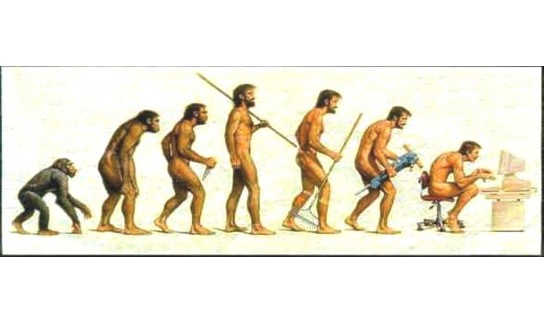 The sad thing is that we’re all engaged in a lemming-like rush towards the cliff-edge of efficiency. We all expect everything instantly and at a lower cost. Quicker and cheaper is good. Trouble is there’s a hidden price that we’re all paying. Thinking, reasoning and critical deduction are dying off as it simply takes too long and we’re all time-poor.
The sad thing is that we’re all engaged in a lemming-like rush towards the cliff-edge of efficiency. We all expect everything instantly and at a lower cost. Quicker and cheaper is good. Trouble is there’s a hidden price that we’re all paying. Thinking, reasoning and critical deduction are dying off as it simply takes too long and we’re all time-poor.
It’s almost too easy to single out poor Google. They’re not the only culprits. The endless array of smart devices available are whittling away at our ability to stay focused. Instead of spending time pondering an issue, and weighing up its merits or failings, thought processes get derailed by a blip from our phone or smartwatch, alerting us that a Facebook contact has posted yet another cat video, or that Trump has said something else that most intelligent people would consider as being batshit insane.
A case in point. Once I had the opportunity to meet with Tim Berners-Lee, the inventor of the world wide web. I was in a room with Sir Tim and some of New Zealand’s most prominent journalists. You’d be forgiven for thinking this was a high-brow affair. It was – at least until one journalist asked Sir Tim what his favourite cat video was on the web. Sigh.
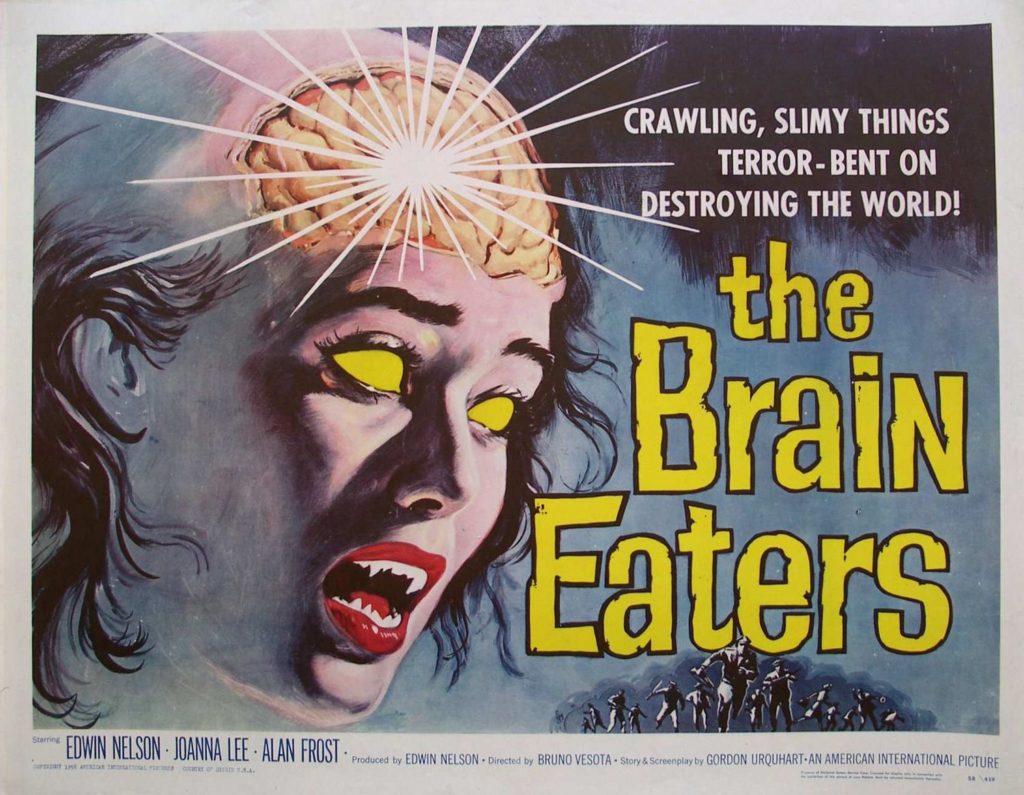 Throughout the 20th Century there were dire predictions of innovations such as TV, the radio and even the press leading to the destruction of humanity. Doom and gloom aside, the reality looks to be more of a slow decline as attention spans dwindle and we become obsessed with superficial and short-term gain, with little to no thought of the future impacts of our actions.
Throughout the 20th Century there were dire predictions of innovations such as TV, the radio and even the press leading to the destruction of humanity. Doom and gloom aside, the reality looks to be more of a slow decline as attention spans dwindle and we become obsessed with superficial and short-term gain, with little to no thought of the future impacts of our actions.
Critics could say that humanity is doing better than ever before. We’ve got probes exploring Jupiter’s red spot, we’re curing killer diseases and crafting electric cars. Then again, we also invented Facebook, and that god-awful Tween sensation, Justin Bieber. I won’t mention cat videos on YouTube (oops).
So why were so many Brits voting to leave the EU? Why did so many Americans vote Trump in despite his political campaign resembling something from Berlin in 1938? When did we all become so gullible that we unquestioningly swallowed empty election rhetoric and news soundbites? Did anyone look at Trump’s actual policies and adopt a considered view of their consequences? Guess they were too busy LOLing at cat videos on the web.
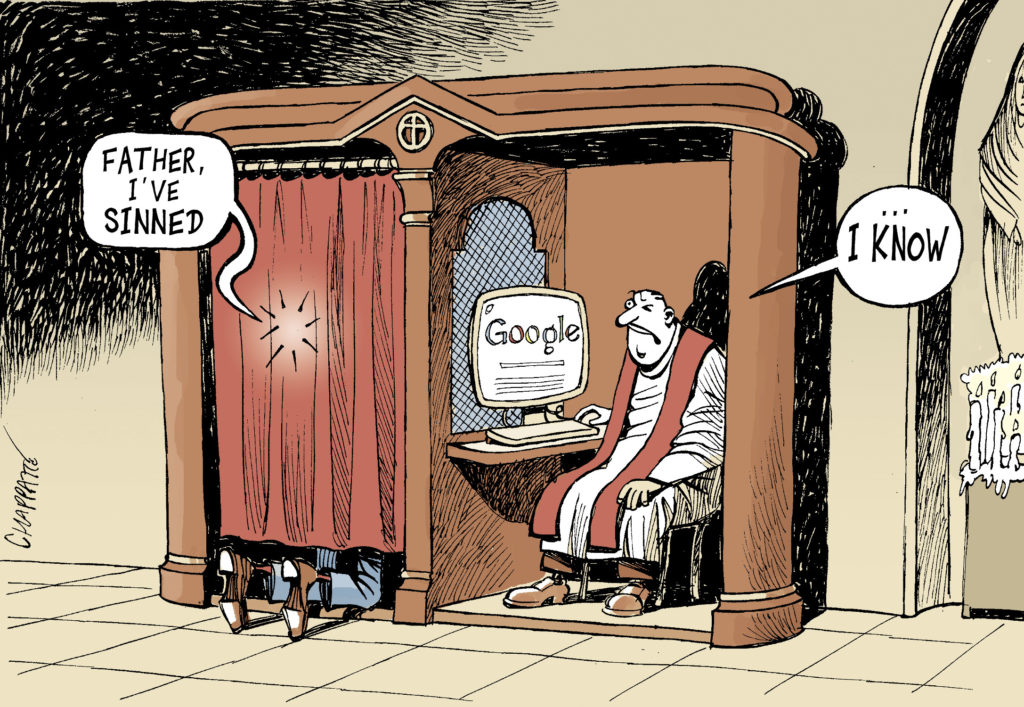 Perhaps I’m being over simplistic laying the blame squarely at the tech sector’s doorstep. The answer is probably much more complex. Tech has certainly played a huge role in this trend. People awash in information, notifications and low on free time have started the TLDR trend (too long don’t read). Complex information or anything that requires more than casting one’s eye over a bunch of bullet points is ignored nowadays.
Perhaps I’m being over simplistic laying the blame squarely at the tech sector’s doorstep. The answer is probably much more complex. Tech has certainly played a huge role in this trend. People awash in information, notifications and low on free time have started the TLDR trend (too long don’t read). Complex information or anything that requires more than casting one’s eye over a bunch of bullet points is ignored nowadays.
This has also impacted the way media deliver content and news. Newspapers are already struggling because online advertising has killed their classified advertising cash cow. Nowadays, they measure success in clicks (a page click gets online advertisers). Getting clicks has become an art form that has led to the rise of click-bait and a whole raft of other dodgy journalistic practices.
Many US and UK newspapers have also shut down their print operations. Others are erecting pay-walls. Clickbait tactics has seen short catchy headlines used to capture readers with the attention spans of fruit flies, and get them clicking. That the headlines are inflammatory and have nothing to do with the actual article is beside the point, clicks are clicked and profits are made.
Add to this the time poor nature of readers, and many are simply clicking and reading the first few paragraphs and moving on. This hasn’t been wasted on editors under pressure to get clicks happening. In a bid to get more readers clicking and staying, many supposedly high-end media outlets have shifted their editorial focus to push content that’d barely fit for publication in the New Zealand Woman’s Weekly. Academics call this the celebrification of media and it is the reason Kardashians are often bigger news than actual world-changing news.

This is very much at odds with the perceived role of media in society. Back in 1600 PFB (pre-Facebook), newspapers were known as the Fourth Estate. The other three estates consisted of the courts, the monarchy and the wealthy. The media’s role as the Fourth Estate was to hold the other three estates to account and to keep the public appraised of what they were up to. It worked well for over 300 years. Back in the present however, tech and media have combined to create a toxic dumbing down of humanity.
Sadly, it appears we’ve gone from Darwin to Dar-lose.



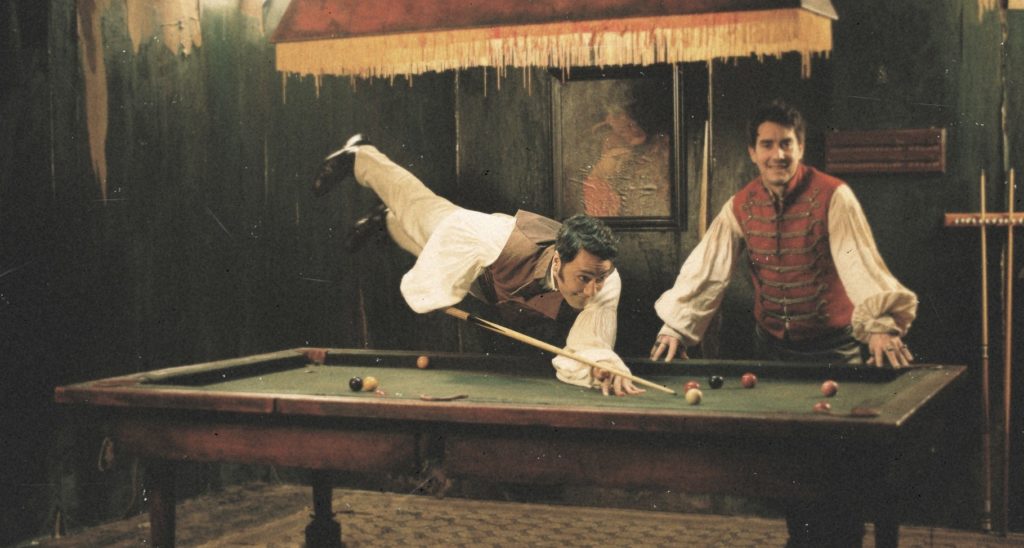







Thanks for this.